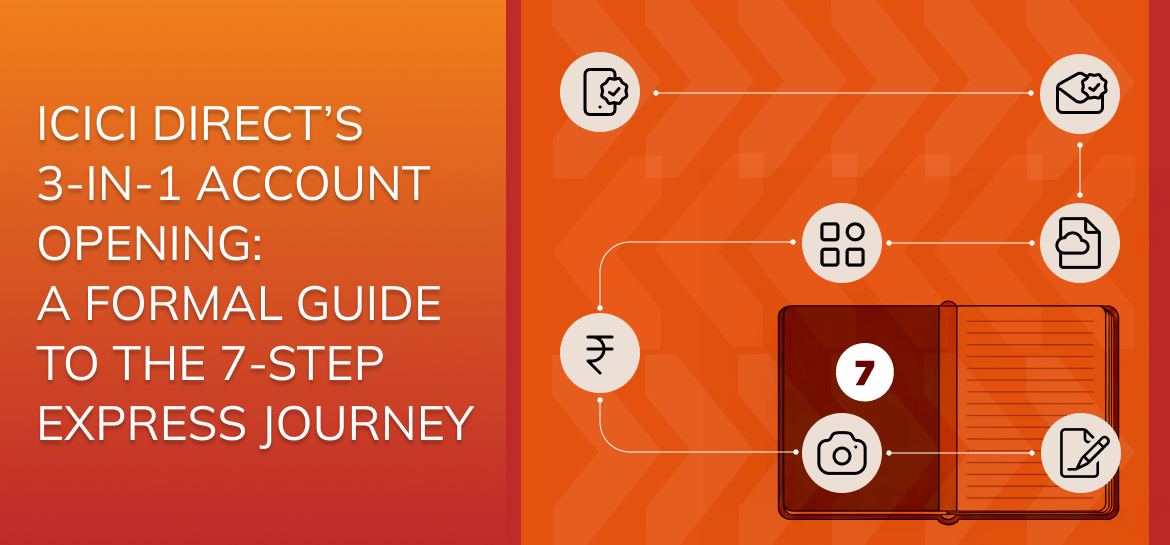Download
iLearn application
Elevate Your Financial Knowledge with the
ICICI Direct iLearn App
Transform your financial future & invest with confidence with ICICI Direct iLearn app

Ready to test your knowledge of the stock market? Take the ICICI Direct Quiz!
View all
A clear guide to opening your ICICI Direct 3 in 1 account using a simple 7 step flow with PAN auto fetch, Digilocker KYC, smart pre fills and Aadhaar e Sign for a fast and seamless digital onboarding experience.

Vigilance Awareness Week 2025 promotes integrity, transparency, and ethical conduct. Join the movement and take the Integrity Pledge today.

Buying stocks during Diwali Muhurat Trading is considered auspicious in India. Get to know about Diwali Muhurat Trading 2025 date and time with ICICI Direct.
Gives useful and important knowledge for free.
As a student it my Bible for trading world
Very useful self learning tool
Highly recommended website for all stock market and investing knowledge. This page is nicely built with all the information and details
A good place for beginners to learn investing
This site provides trading information in Hindi as well. Highly appreciable
Thankyou ICICI direct for amazing content
Best place to learn about financial and investment

